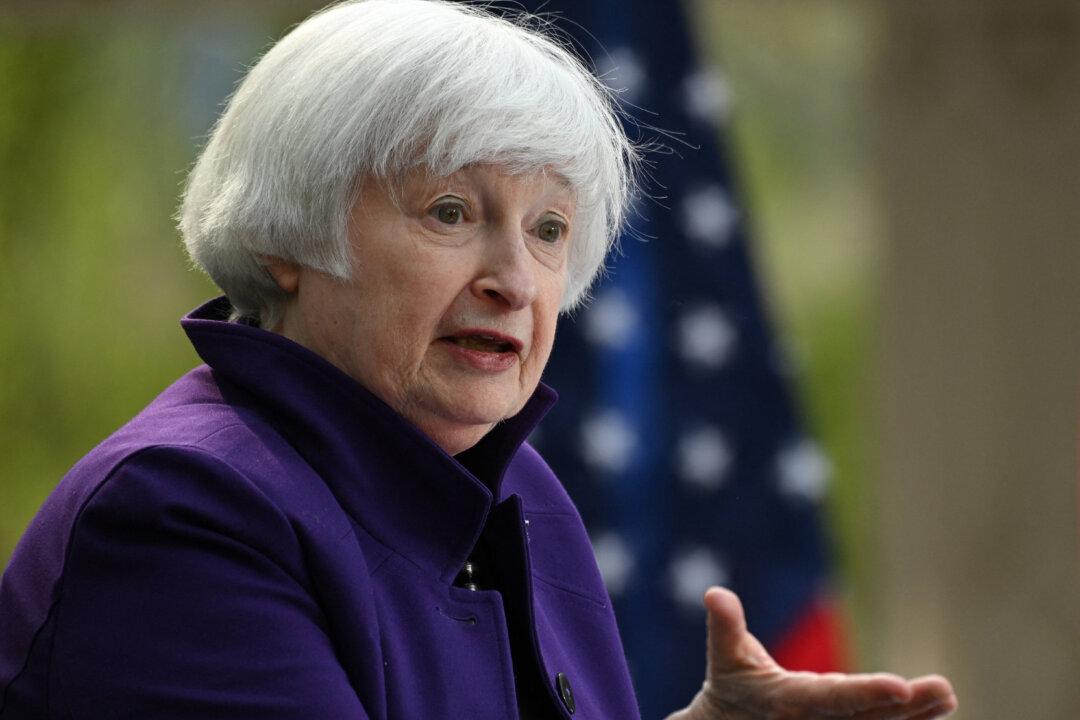The U.S. administration is preparing to employ additional sanctions against Iran in the coming days following Tehran’s weekend aerial assault on Israel, Treasury Secretary Janet Yellen confirmed to reporters on April 16.
Ms. Yellen refrained from revealing what tools the White House could use to punish the Iranian regime for its attack on Israel. She stated that “all options to disrupt terrorist financing of Iran continue to be on the table” and that the Treasury will use “economic tools to counter Iran’s malign activity.”





